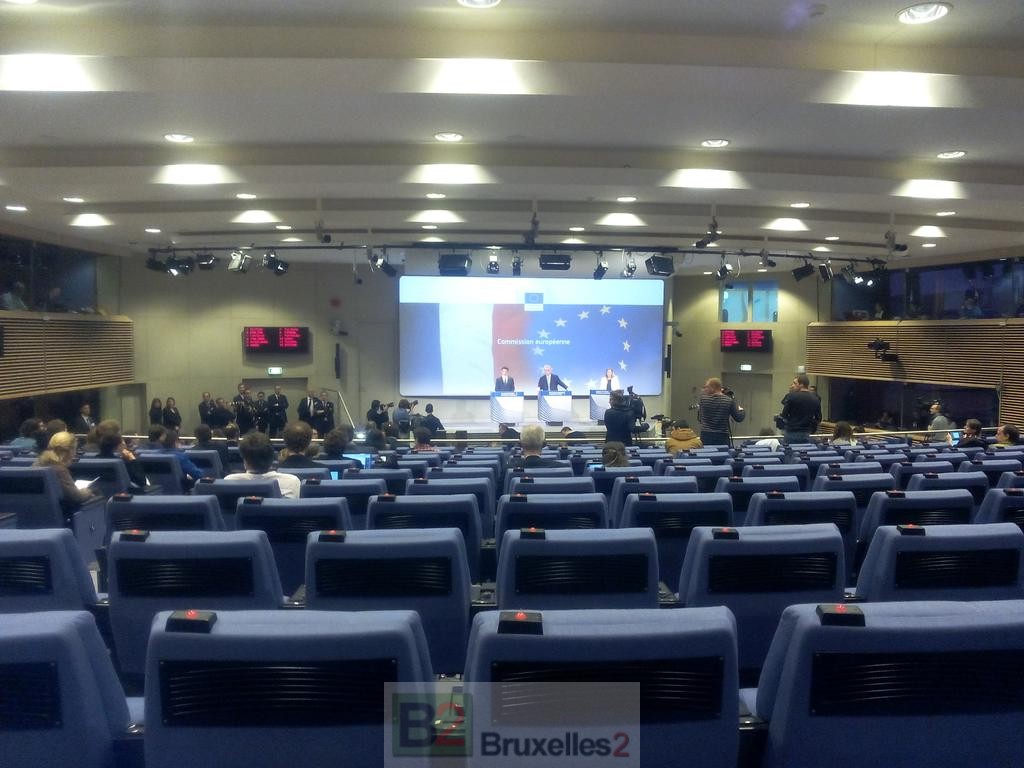A divine right monarchy?

(BRUXELLES2) The "Delphine Boel" case which comes before the Brussels court is truly... staggering. This discussion on the possibility or not of carrying out a DNA analysis at the request of the putative daughter of the King appears from another century.
An "inviolable" King...
Many commentators thus repeat at will an article of the Belgian Constitution (“ The person of the King is inviolable; ...) to extirpate that the action of Delphine Boel aiming to recognize the paternity would not be legitimate, not legal or impossible. Incidentally, the second part of the sentence (... his ministers are responsible ”) is often overlooked. This article of the Constitution seems written more to ensure that the King cannot be held responsible for acts that the government and his ministers could take in his name.
... but plump
In this case, we are not dealing with an act for which ministers can be held "responsible". There is no question of imprisoning, fining the King or depriving him of his means of existence (which would be detrimental). It is not a question of political life, or even of a criminal offence, but of a simple private, family question. Moreover, this act goes back to a period when the King was not yet reigning. Not to accept this examination would be to lower the Belgian monarchy not to a constitutional regime but a regime of divine right, allowing its holder to have the right of life and death over his subjects (*).
The fundamental right of the child
In addition, at European level, there are certain fundamental principles and rights. If we refer to the Charter of Fundamental Rights of the European Union - elevated to the rank of legal value of the Treaty and signed "in the name of the King" -; we find there the right to "every child to maintain personal relations and direct contact with both parents on a regular basis, unless this is contrary to his interest" (Rule 24/1). Likewise, the principle of non-discrimination...on birth is registered (Article 21/3). Have these fundamental rights suddenly become useless?
The interest of the monarchy!
From a moral point of view, the Belgian monarchy would perhaps have an interest in putting an end to this bad comedy which weakens its power every day. Either Delphine Boel is Albert's daughter. Or she is not. There is a simple, scientific way to find out, which causes no harm to the Belgian monarchy. On the contrary ! The King would perhaps be honored to voluntarily submit to the test. It is not being "inviolable" to acknowledge responsibility for some of one's acts which are, after all, the happiest of a lifetime. It's a growing family...

